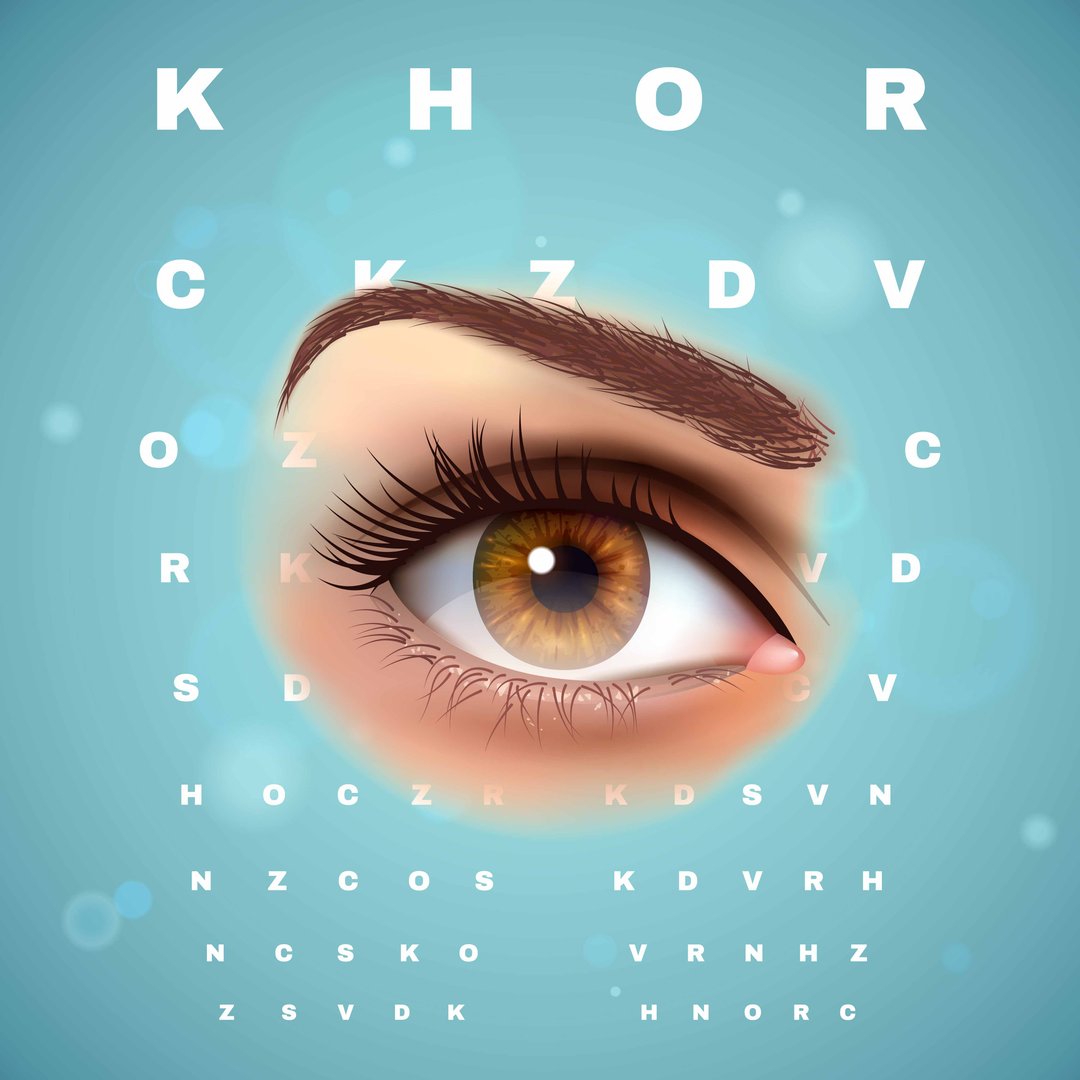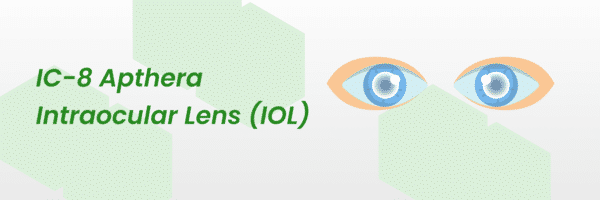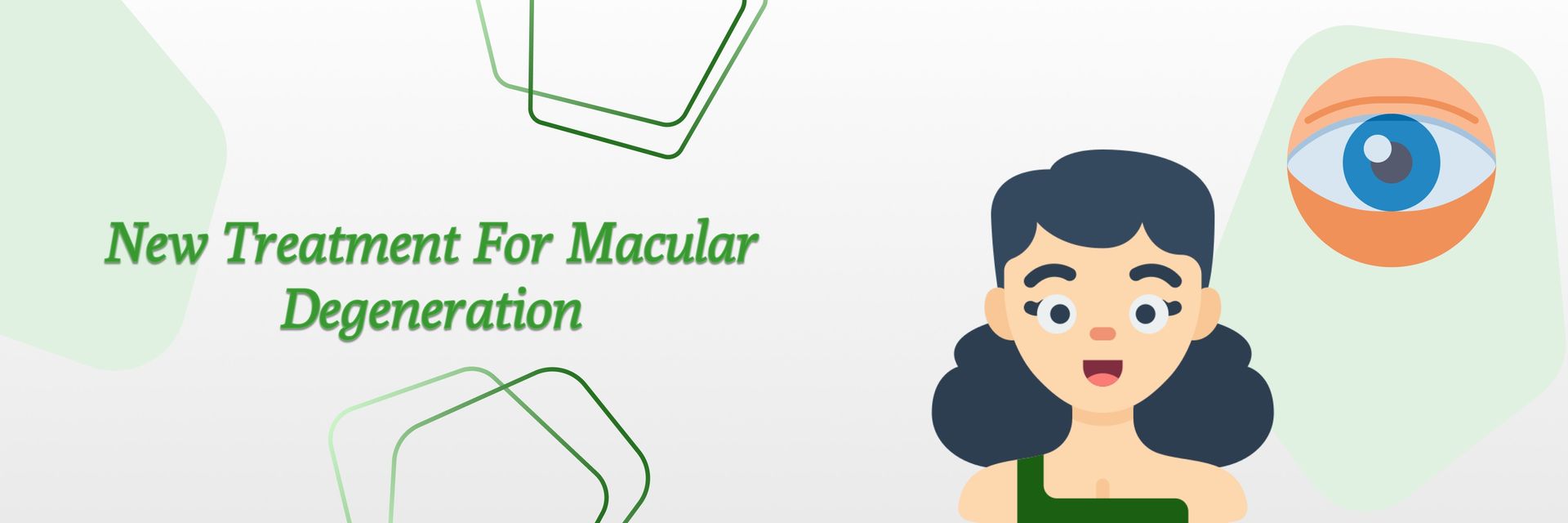Welcome to our blog on charitable eye hospitals in Delhi, where kindness and advanced technology help people see again. In this bustling city, these hospitals offer top-notch eye care to everyone, no matter their financial situation. They provide services like fixing cataracts and checking vision. Let's look closer at some of Delhi's most well-known charitable eye hospitals, where they care about each patient and their bright future.
Read further to know more about charitable eye hospitals in Delhi
1. Dr. Rajendra Prasad Centre for Ophthalmic Sciences (AIIMS)
Address: AIIMS Campus, Ansari Nagar, New Delhi - 110029, India
Established: 1967
Doctors:80+
Services:
Eyecare Charitable Services:
- It provides subsidised treatment for patients below the poverty line through various government schemes and initiatives.
- They conduct outreach programs and eye screening camps in underserved communities.
- The Centre actively participates in training programs for ophthalmologists and other healthcare professionals, contributing to improved access to quality eye care across India.
2. Dr Shroff Charity Eye Hospital
Address: 5027, Kedarnath Ln, opposite DAV School, Daryaganj, Delhi, 110002, India
Established: 1927
Doctors: 50+
Services:
- It is a member of the World Health Organization's (WHO) VISION 2020 program, which aims to eliminate avoidable blindness by 2020.
- Provides comprehensive eye care services for all ages
- These include Cataract surgery, Corneal transplantation, Glaucoma management, Diabetic retinopathy treatment, Paediatric ophthalmology and Oculoplasty
- Low vision rehabilitation
- Community outreach programs
- Training programs for ophthalmic personnel
- The third generation of Smart Vision Glasses has been launched in association with Vision Aid India and Bengaluru-based startup SHG Technologies.
- They have partnered to launch smart vision glasses for the visually impairedusing AI technology.
- The hospital provides free or subsidised eye care services to patients below the poverty line and those who cannot afford treatment.
- It conducts regular eye screening camps in underserved communities.
- It offers training programs for ophthalmic personnel, particularly from marginalised communities, to increase access to eye care in remote areas.
3. Bharti Eye Foundation
Address: B-12/22, Ground Floor, Jangpura Extension, New Delhi - 110014, India
Established: 1994
Doctors: 70+
Services:
- Bharti Eye Foundation is a charitable organisation that provides eye care services to all sections of society, focusing on the underprivileged and those who cannot afford treatment.
- They have multiple branches in Delhi and the NCR region.
- They are a member of the World Health Organization's (WHO) VISION 2020 program, which aims to eliminate avoidable blindness by 2020.
- Provides comprehensive eye care services for all ages.
- Includes cataract surgery, Corneal transplantation, Glaucoma management, Diabetic retinopathy treatment, Paediatric ophthalmology
- They conduct regular eye screening camps in underserved communities.
- They offer training programs for ophthalmic personnel, particularly from marginalised communities, to increase access to eye care in remote areas.
4. Saroj Super Specialty Hospital
Address: Gautam Nagar, Main Mathura Road, New Delhi-110045, India
Established: 1970
Beds: 225
Services:
- Provides Comprehensive healthcare services, including Internal Medicine, General Surgery and Charitable Eye Care Services
- While Saroj Super Specialty Hospital is primarily a private facility, it does have some charitable initiatives linked to the Ganesh Das Chawla Charitable Trust, which was founded alongside the hospital.
5. Lions Club Charitable Eye Hospital
Address: 14/3A, Mathura Road, Near Moolchand Flyover, New Delhi - 110062
Established: 1992
Beds: 75
Doctors:20+
Services:
- Comprehensive eye care, including cataract surgery, corneal surgeries, glaucoma management, diabetic retinopathy treatment and more.
- Offers subsidised and free eye care services to underprivileged patients through various programs.
6. Guru Nanak Eye Hospital
Address: Maharaja Ranjeet Singh Marg, LNJP Colony, New Delhi, Delhi, 110002, India.
Established: 1971
Beds: 212
Doctors: 20+
Services:
- Provides OPD, indoor services, emergency services
- They also offer superspeciality clinics including Paediatric Ophthalmology Clinic, Cataract Clinic, Cornea Clinic, Glaucoma Clinic, Oculoplastic Clinic, Neuro-Ophthalmology Clinic, Retina Clinic, Vitreoretinal Clinic.
- All OPD services are free of cost.
7. Karuna Sindhu Charitable Hospital
Address: Bakkarwala Marg, Nangloi - Najafgarh Rd, Lok Nayak Puram, Bakkarwala, New Delhi, Delhi, 110041, India
Established: 2000
Services:
- It provides services like ophthalmology, OPD, orthopaedic, ENT, dental care services, etc.
- Provides free and subsidised eye care services to underprivileged patients.
8. Rotary Eye Hospital
Address: Subhash Market, Block 2, Part 1, Trilokpuri, New Delhi, Delhi, 110091
Services:
- Eye care services include outpatient consultations, ophthalmology procedures, and emergency care.
- Caters to the underprivileged community and offers subsidised services.
9. Netra Jyoti Eyecare Clinic
Address: C-16, Ground Floor, Select GFK, Saket, New Delhi - 110019
Services:
- OPD consultations, vision testing, cataract surgery, and other eye procedures are included.
- Eyecare services are provided at subsidised costs.
10. Fidels Eye Centre
Address: D-29, Lajpat Nagar 2, New Delhi - 110024, India
Services:
Provides comprehensive eye care services at subsidised costs, including:
- Cataract surgery
- Corneal surgeries
- Glaucoma management
- Diabetic retinopathy treatment
- Paediatric ophthalmology
FAQs
What services do charitable eye hospitals in Delhi provide?
Charitable eye hospitals typically offer various services, including eye examinations, consultations, surgeries (such as cataract surgery), treatments for various eye conditions, and sometimes even rehabilitation services.
Who is eligible to receive services from charitable eye hospitals?
Eligibility criteria may vary depending on the hospital and their funding sources. Generally, these hospitals prioritize individuals from economically disadvantaged backgrounds who may be unable to afford private eye care services.
What are the costs associated with services at charitable eye hospitals?
Charitable eye hospitals often provide services either free of charge or at highly subsidized rates compared to private hospitals. However, there may still be nominal fees for certain services or surgeries.
What types of eye conditions or diseases do charitable eye hospitals treat?
Charitable eye hospitals often provide comprehensive care for various eye conditions and diseases, including but not limited to cataracts, glaucoma, diabetic retinopathy, refractive errors, and corneal disorders.
Do charitable eye hospitals offer pediatric eye care services?
Many charitable eye hospitals have pediatric ophthalmologists specialising in eye care services to children. These services may include screenings, examinations, treatments, and surgeries for pediatric eye conditions.
Are there long waiting times for appointments or surgeries at charitable eye hospitals?
Waiting times can vary depending on factors such as the hospital's capacity, the urgency of the patient's condition, and the availability of resources. Some hospitals may have longer wait times for non-urgent procedures or surgeries.
Do charitable eye hospitals provide post-operative care and follow-up appointments?
Most charitable eye hospitals offer post-operative care and follow-up appointments to monitor the patient's progress after surgery or treatment. This may include medication management, wound care, and vision rehabilitation services.
Do charitable eye hospitals have facilities for low-vision rehabilitation?
Some charitable eye hospitals may offer low-vision rehabilitation services to help individuals with visual impairments maximize their remaining vision and maintain independence in daily activities. These services may include vision assessments, training in assistive devices, and orientation and mobility training.







